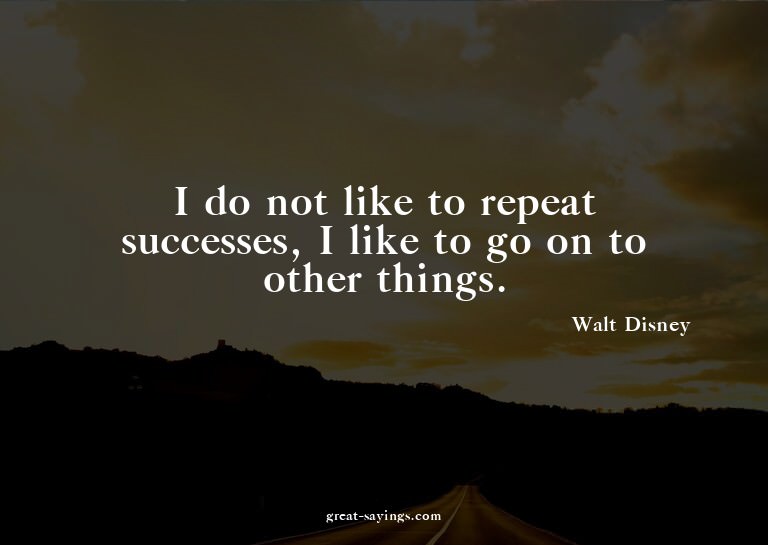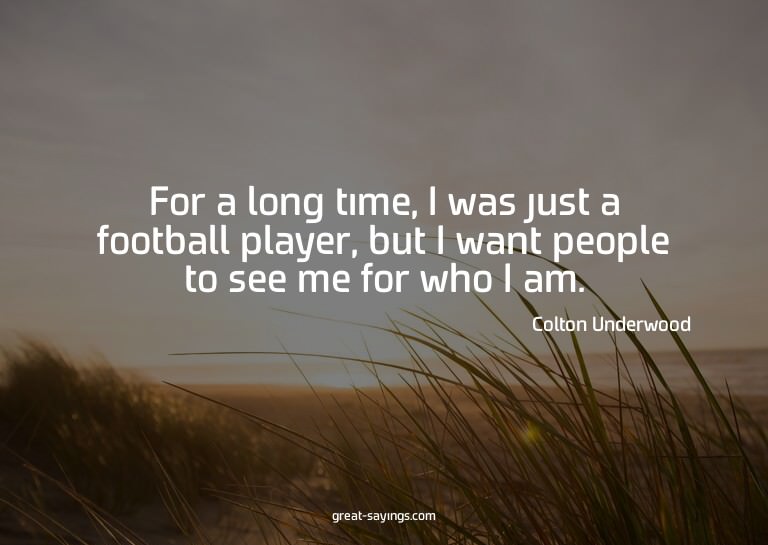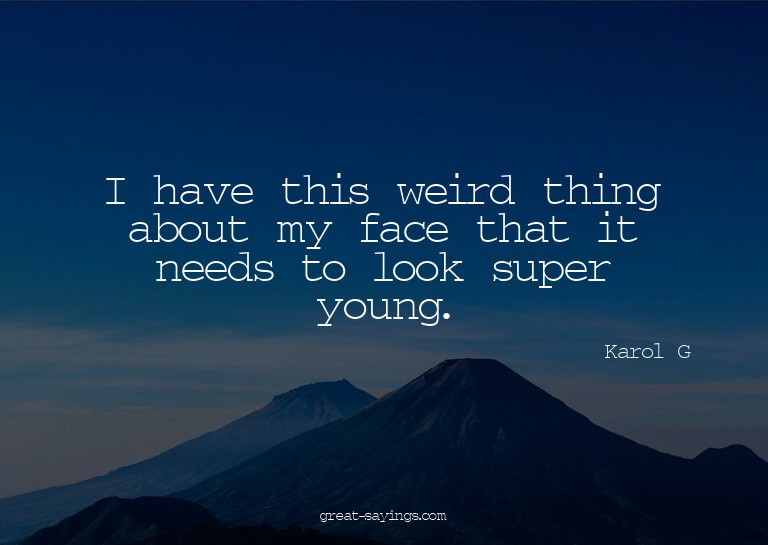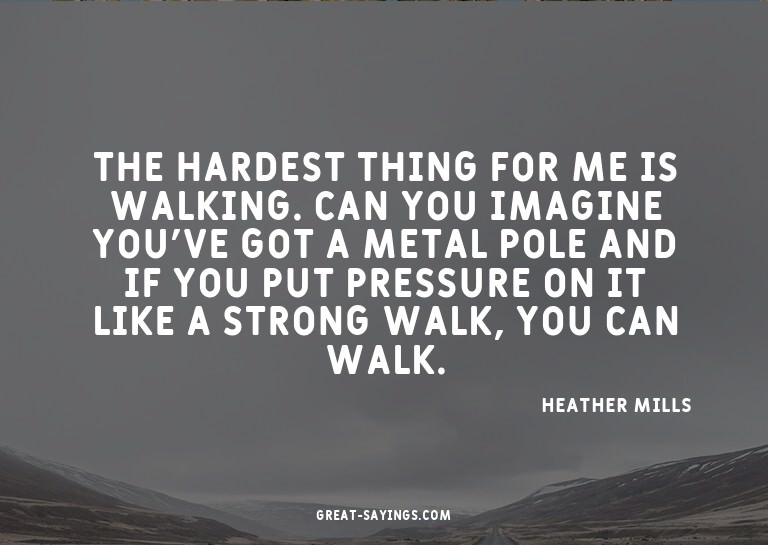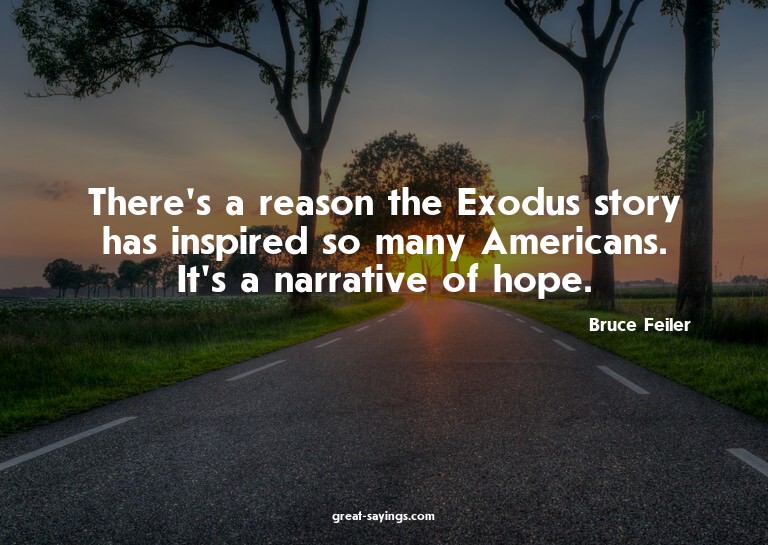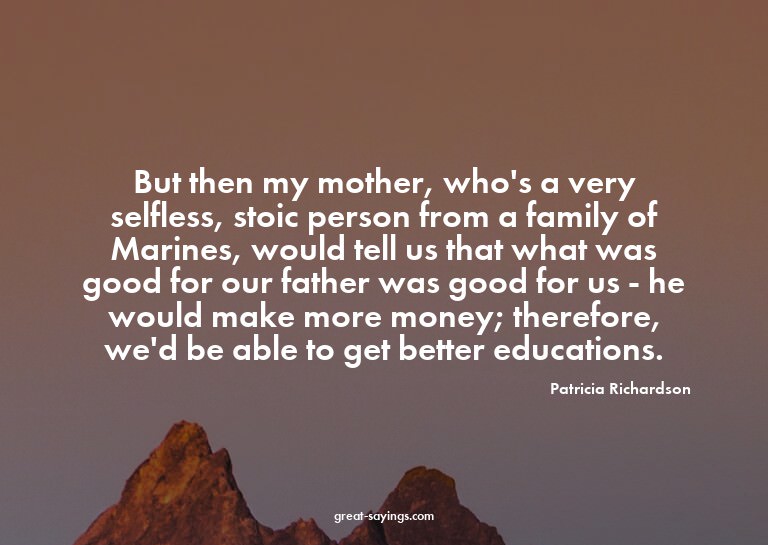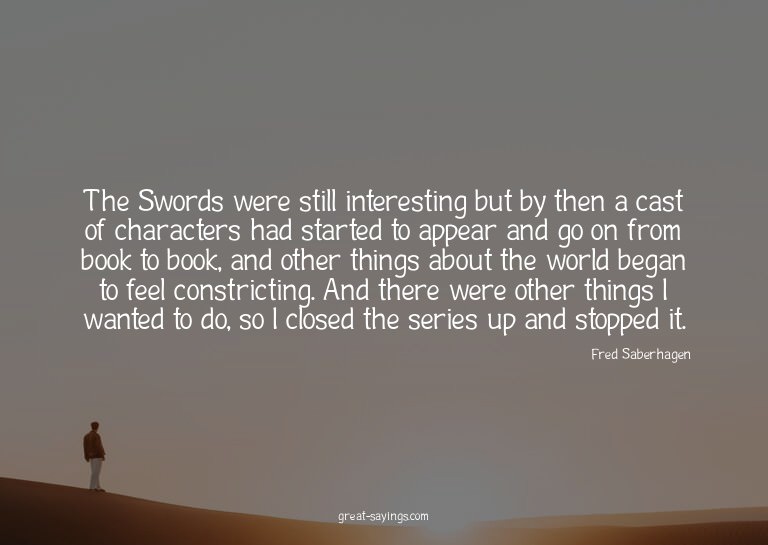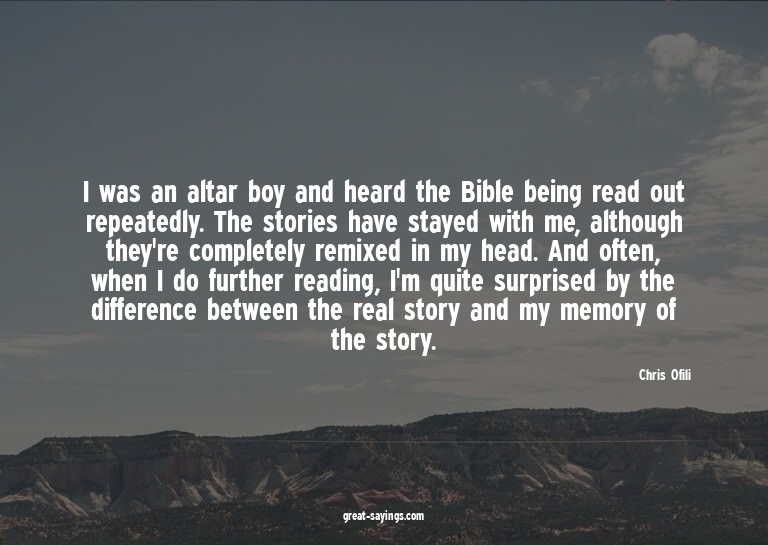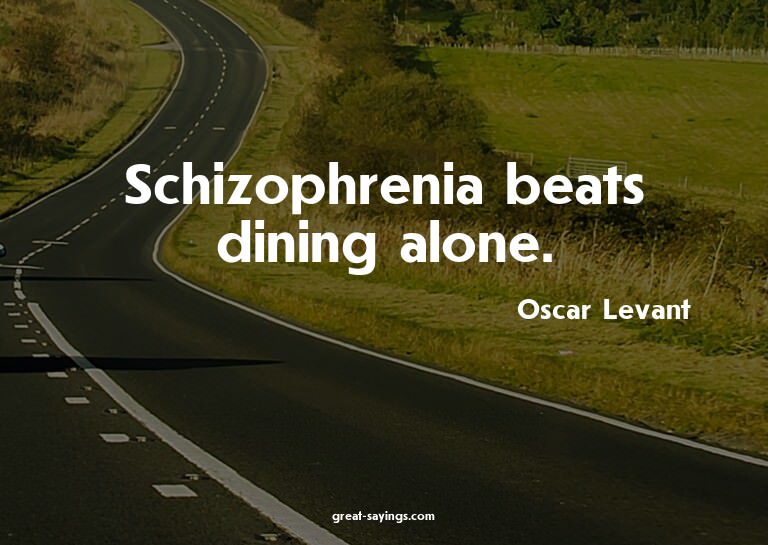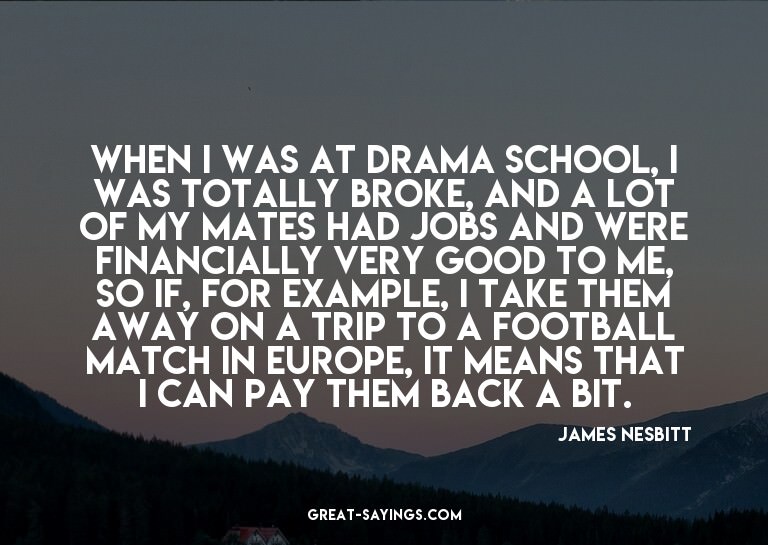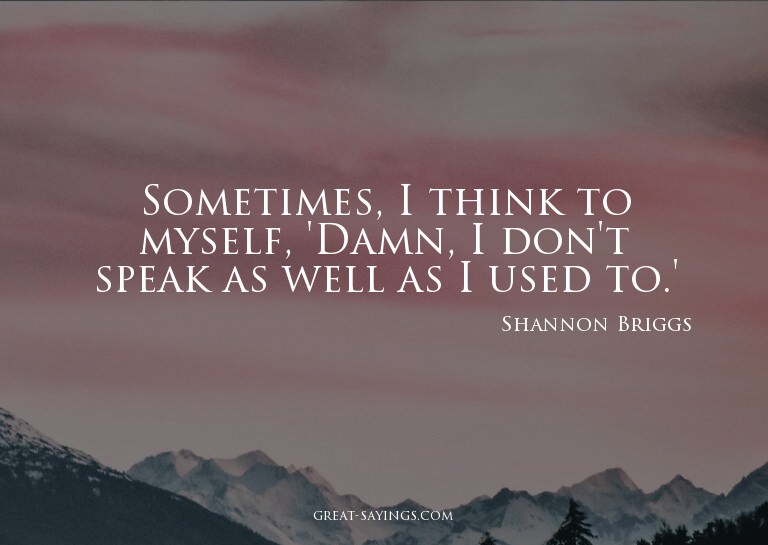Words matter. These are the best Paul Polman Quotes, and they’re great for sharing with your friends.
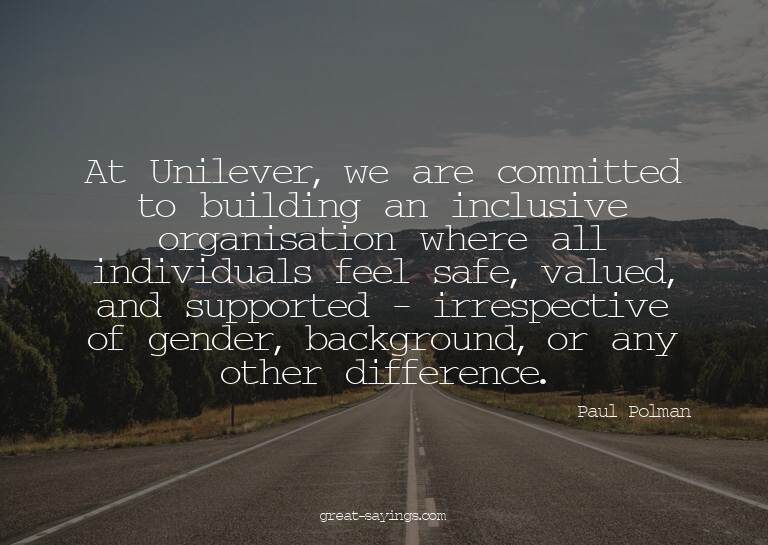
At Unilever, we are committed to building an inclusive organisation where all individuals feel safe, valued, and supported – irrespective of gender, background, or any other difference.
System-wide changes rely on a critical mass of interested parties, all willing to enter into deep partnerships and collaborations, founded on new levels of trust and a commitment to action, not debate.
You can put yourself to the purpose of others, and in doing so, you can be better off.
The ideal is a world in which every woman and girl can create the kind of life she wishes to lead, unconstrained by harmful norms and stereotypes.
Addressing the weaknesses of capitalism will require us, above all, to do two things: first, to take a long-term perspective, and second, to re-set the priorities of business.
Let’s work together to make our economies strong and our climate sustainable. It can be done.
Providing financial incentives for both local communities and national governments to conserve and restore forests also makes sense. It will put an economic value on these precious natural resources and drive the right behaviours from both government and business.
I work a lot with blind people in my spare time outside of Unilever, and I count my blessings every day.
It’s easy to be a short-term hero. It is very easy for me to get tremendous results very short term, get that translated into compensation, and be off sailing in the Bahamas. But the goal for this company – and it’s very difficult to do – the goal is to follow a four- or five-year process.
Practically, systemic thinking can be used to identify problems, analyze their boundaries, design strategies and policy interventions, forecast and measure their expected impacts, implement them, and monitor and evaluate their successes and failures.
We need new, dynamic models for growth through the sharing economy, using big data to unlock new insights and adopting closed-loop cycles.
Unilever has been around for 100-plus years. We want to be around for several hundred more years.
We can no longer pretend that business is immune from the rising tide of environmental or social challenges or that companies can create value in isolation from the communities of which they are a part.
The planet’s forests are essential for life.
It is our responsibility as businesses to deliver ambitious solutions and technologies to bring us low-carbon, inclusive and sustainable growth.
I’ve always been bothered by systems that don’t work for everybody. It doesn’t mean we’re all equal. I am not naive about that. But we should have a more inclusive society.
As economies have evolved, the nature of work has always changed.
My own fear, if I have one myself, is a fear of being obsolete. This is a world that changes very fast, and one of the main human desires is to belong to, to be part of, something. It’s probably one of our greatest needs next to oxygen.
It is not possible to have a strong, functioning business in a world of increasing inequality, poverty, and climate change.
If the short-term decisions you make damage the long term, you should resist those. But there are many short-term decisions that you need to make to be a successful manager.
It only takes a handful of sizeable companies to reach a tipping point and to transform markets.
As a consumer goods company serving billions of consumers every day, Unilever understands the drivers and motivations that create the norms that lie behind people’s behaviour.
Companies are the first to see the costs of climate change.
When the climate hurts, people and businesses also feel the pain.
For Unilever, investing in women is an imperative. The business and social cases for doing so are inextricably linked.
Leadership is not a contest of likeability. Leadership often boils down to making the tougher choices. You are not in a popularity contest.
Purpose has always been part of Unilever’s DNA. Our founder, William Lever, built a business around the sale of Lifebuoy soap that was not only profitable and sustainable but also helped transform the health of the poor in Victorian Britain.
I don’t subscribe to, ‘Here are the top ten tips to successful leadership,’ or, ‘How to learn leadership in ten minutes.’ A leader is someone who gives positive energy to others which then results in a better change than would have happened. I think everyone is a leader.
There is still too much pressure on short-termism in terms of the drivers of success.
Unilever brings together the resources and experience of a multinational company alongside our deep local roots, which enables us to grow a genuinely African consumer goods business.
Our political leaders have great responsibilities, but as with many situations in life, people often rise or fall to meet your expectations. Our responsibility as citizens is to expect our leaders to lead and to give them enough support so that they may do so.
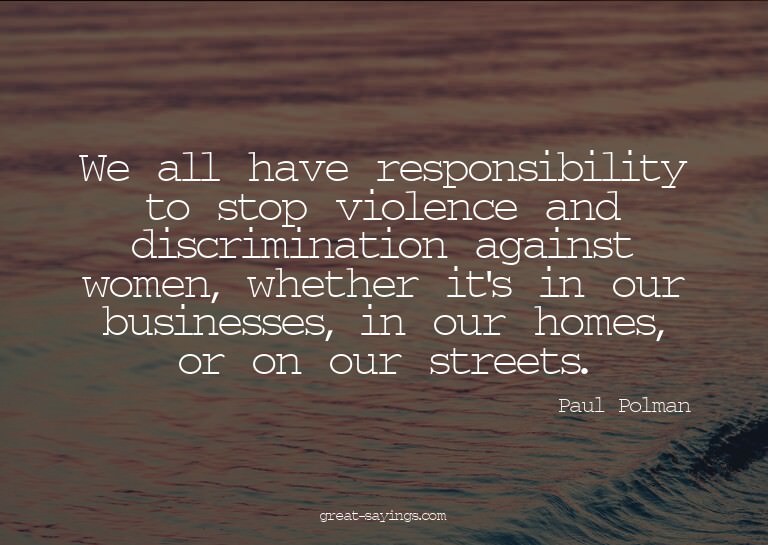
We all have responsibility to stop violence and discrimination against women, whether it’s in our businesses, in our homes, or on our streets.
I am very confident about the Modi government.
P&G started in 1837, Nestle in 1857. These companies have been around for so long because they are in tune with society. They are very responsible companies, despite the challenges that they sometimes deal with, all the criticism they get.
Working together on solving something requires a high level of humility and a high level of self-awareness.
I believe that the financial crisis of 2008/9 exposed more a lack of ethics and morality – especially by the financial sector – rather than a problem of regulation or criminality. There were, of course, regulatory lessons to be learned, but at heart, there was a collective loss of our moral compass.
Business has a responsibility and opportunity to be the driving force for the advancement of universal human rights.
Sustainability makes good business sense, and we’re all on the same team at the end of the day. That’s the truth about the human condition.
To achieve policy stability and certainty, we need to establish a meaningful price on carbon and cut the billions of dollars spent each year on fossil-fuel subsidies, along with well-structured financial tools and rules.
When women are provided with training and entrepreneurial opportunities in distribution networks, they become role models in their communities, showing it is possible to challenge limiting norms and stereotypes, and to succeed.
Consumers in both emerging and developed markets want it all – high-performing products, the right price, and a purpose that they can connect with.
Business must go on reiterating its absolute commitment to embedding human rights in all it does, driving industry change through collaboration with governments, international organizations, and each other.
Around the world, businesses and investors are increasingly taking action to climate-proof their own organizations.
Land is a great example of how we can manage and invest in sustainable infrastructure for economic, social, and environmental gains. Its use – and misuse – is at the heart of the challenge for food, fuel, and fibre.
Every region in the world faces challenges – and Africa is hugely diverse, so its own challenges are varied.
It cannot be right in a world of increasing human progress – whether in medicine, space exploration or renewable energy – that so many people are denied the most basic human rights.
I grew up in a small town in the Netherlands which, for years, had been a center of textile production.
We cannot eliminate poverty without enabling developing countries to engage more people in economic activity that use natural resources, and we cannot resolve runaway climate change without creating wealth in a more equitable and less carbon intensive way.
If we tackle deforestation in the right way, the benefits will be far-reaching – greater food security, improved livelihoods for millions of small farmers and indigenous people, more prosperous rural economies, and above all, a more stable climate.
There are billions of people in the world who deserve the better quality of life that products such as soap, shampoo, and clean drinking water can provide.


